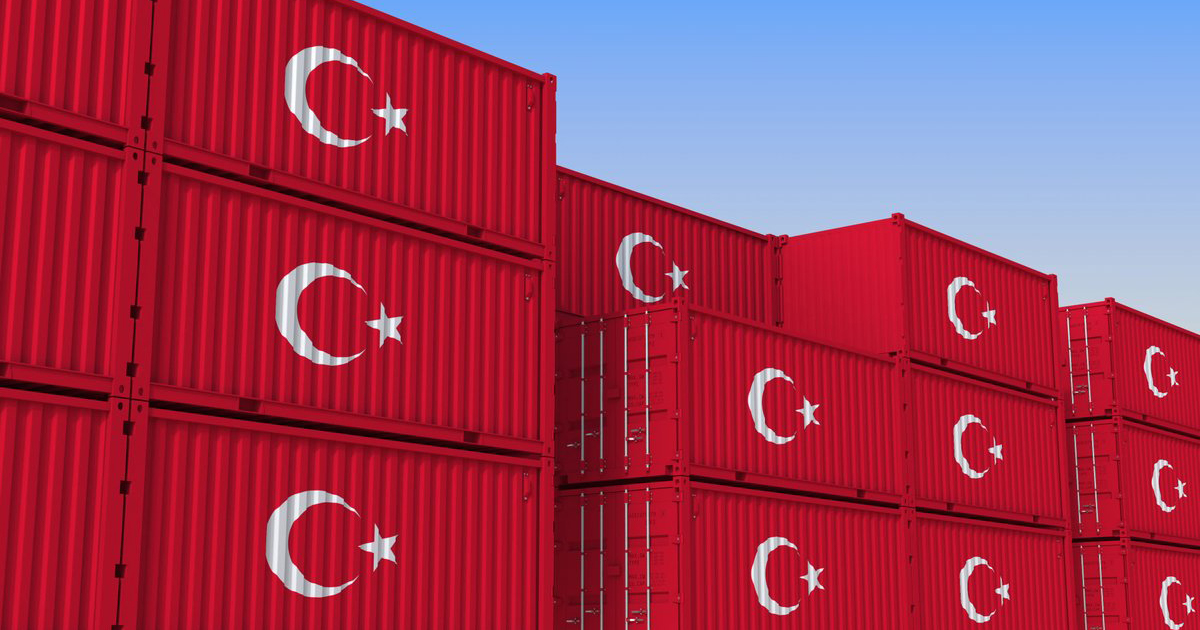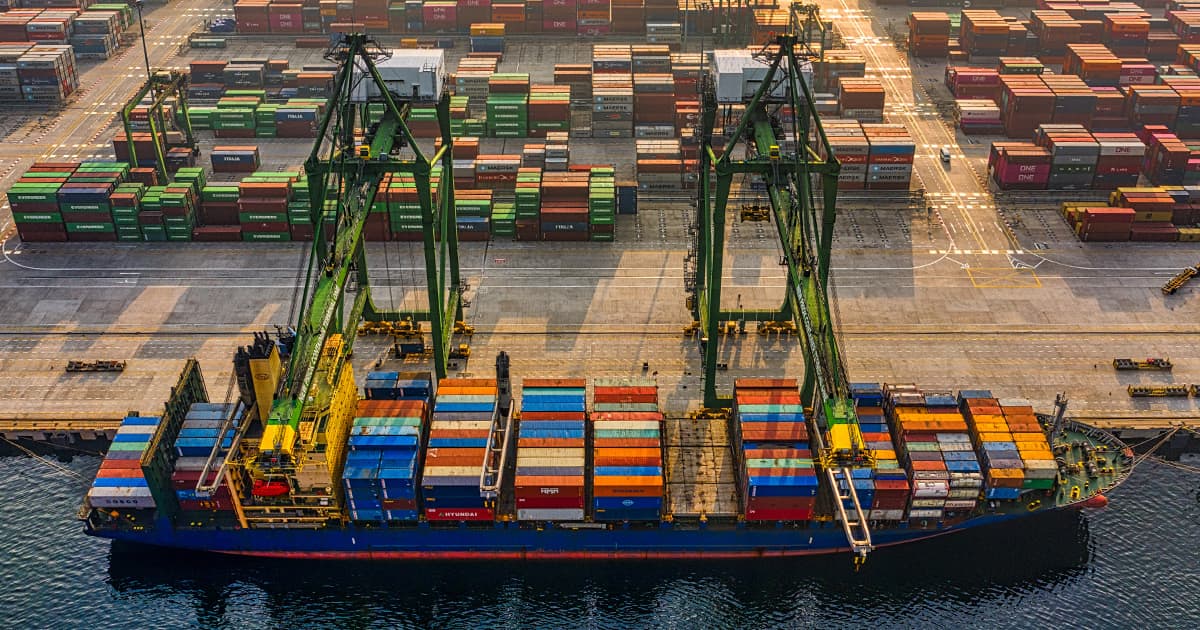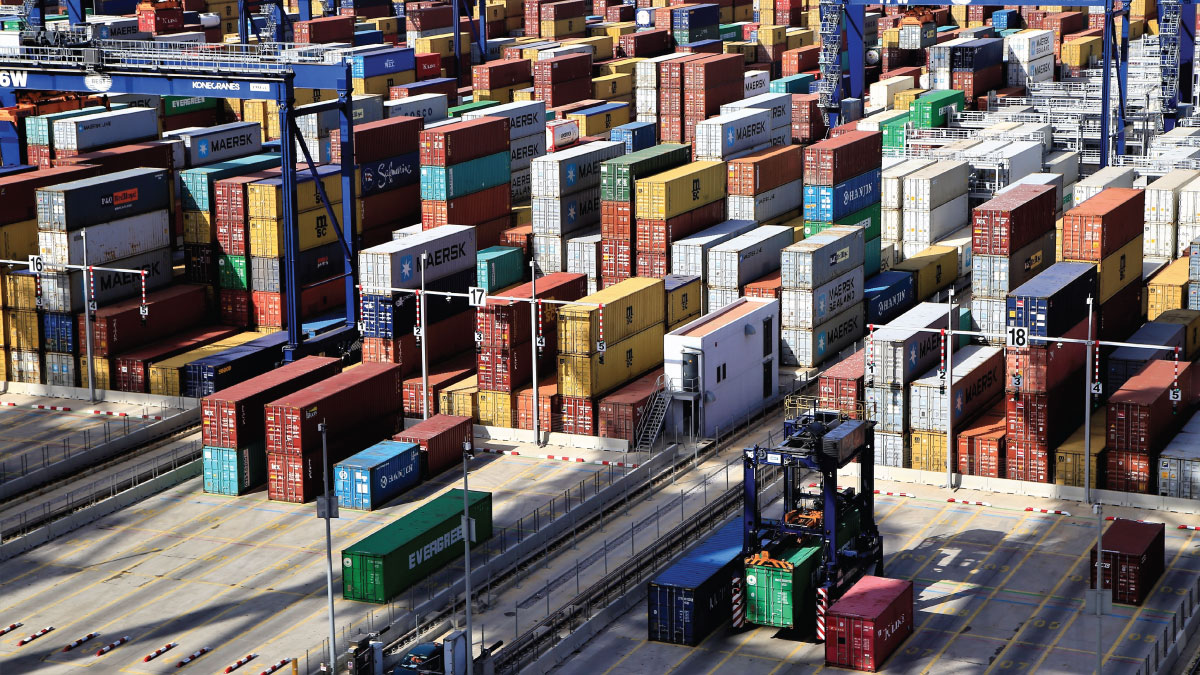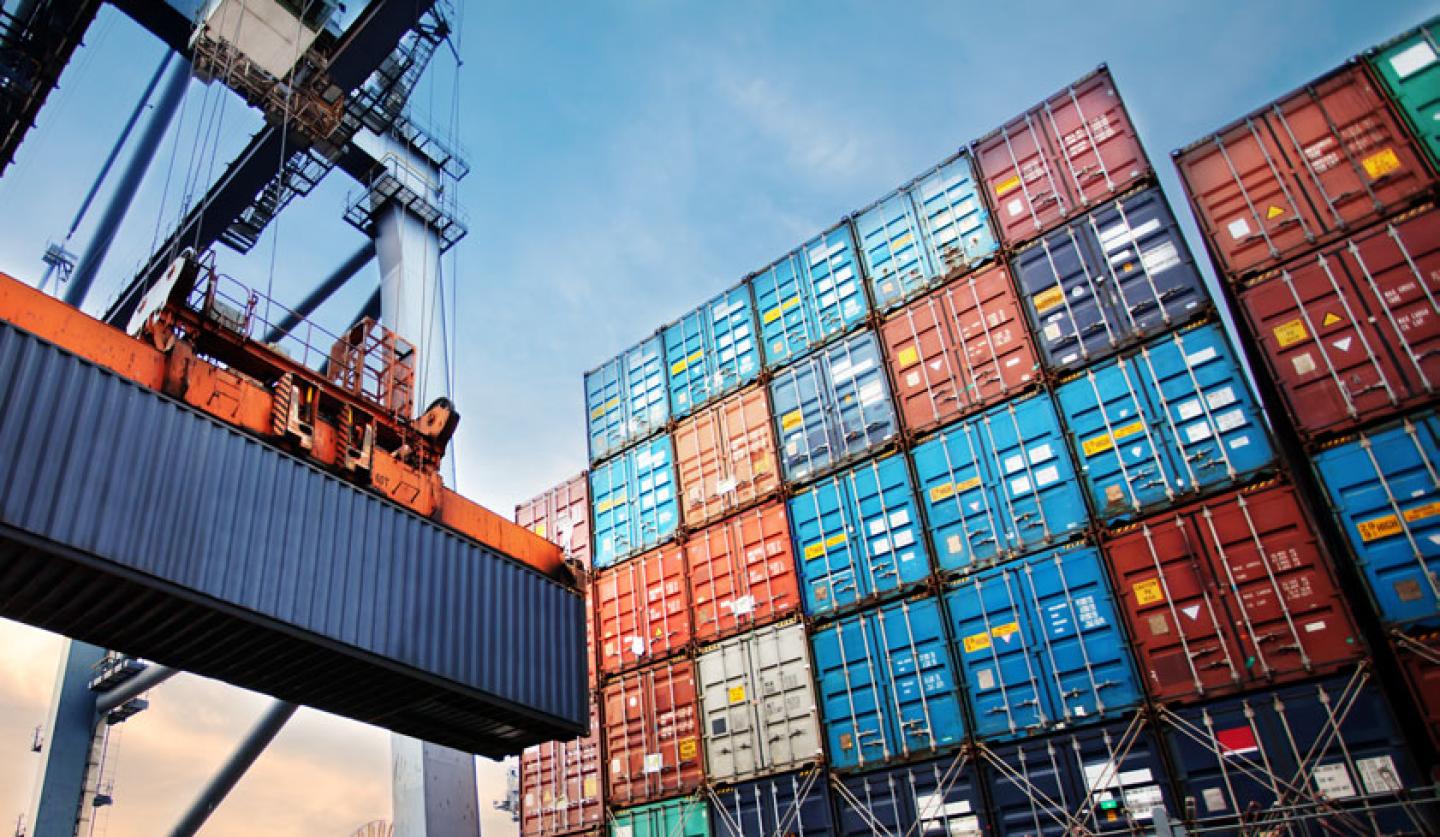Turkey is a transcontinental Eurasian country located mainly on the Anatolian Peninsula in Western Asia and a smaller portion on the Balkan Peninsula in Southeastern Europe.
The Turkish market has seen an outstanding recovery in the global import and export business over the past years. It has encouraged investors and traders to establish their companies in Turkey to partake in this market with a superb possibility of high profits and returns.
Customs Union for Industrial Goods
Since 1995, Turkey has signed the Customs Union Agreement with European Union countries. According to the Agreement, Turkish products must attach to the specifications of their joint products with the European Union. This Agreement applies to industrial goods and manufactured agricultural products.
Turkey now ranks seventh in the EU’s import list. Hence, there is a good chance that Turkey will become a member of the European Union.
The Turks mainly import cars, gold, refined petroleum, chemicals, machinery, and others.
Turkey is also part of the Euro-Mediterranean Partnership (Euromed), which aims to promote economic integration in 16 countries of the Mediterranean region. In addition, the Turkish authorities have signed several double taxation treaties so that foreign investors avoid double taxation in global trade dynamics.
So, Are You Ready to Start Doing Global Import and Export Business in Turkey?
The economy of Turkey is an emerging market economy as determined by the International Monetary Fund. Turkey has the world’s 19th-largest nominal GDP and 13th-largest GDP by PPP. It is amongst the world’s prominent producers of consumer electronics and home appliances, construction materials, transportation equipment, motor vehicles, textiles and agricultural products.
Turkey’s exports were valued at USD 171.1 billion in 2019, which ranked 30 on a global scale. As per the latest Turkey export data available, the Top 10 exports of Turkey are vehicles, machinery, iron and steel, knitted or crocheted apparel and clothing, electrical and electronics, pearls and precious stones, mineral fuels and oils, articles of iron and steel, not knitted or crocheted apparel and clothing and plastics. Moreover, the most prominent export destinations of Turkish goods are Germany, the United Kingdom, Italy, Iraq and United States regarding global trade.
On the other hand, Turkey is a challenging and complex market demanding persistence and adaptability. Semi-developed countries are likely to encounter particular challenges in doing business in Turkey, including how to find genuine buyers or suppliers, lack of transparency in tenders and instances of inconsistent or contradictory policies.
Turkey’s slow but continued movement toward membership in the European Union has created momentum to adopt European business regulations and standards. As a result, buying and selling goods in the Turkish market will become easier. Since 2001, Turkey has created a more robust and stable economy that has attracted foreign investment. It has been followed by required capital improvements and demand for new products and services.
Consequently, Turkey is a better place to do import and export business in global trade dynamics as companies will see good opportunities to expand their market share. Therefore, Turkey is considered a commercial hub of the region, and multinational companies should use Turkish partners to access business opportunities throughout Central Asia, the Middle East and even Africa.
While there are numerous noteworthy business options and possibilities for companies in Turkey, there are also barriers to impending entrance into the market. Hence, any market entry strategy for Turkey should begin with an outstanding knowledge of the costs and benefits of doing import and export business in Turkey.
Here are some key market strategies companies should consider in doing business regarding import and export in Turkey:
First, companies must evaluate their own resources.
Second, they must be represented by a Turkish agent, distributor, or partner to be succeeded in both import and export.
Third, they give an understanding of the local legal framework, language assistance and business contacts.
Papers required to export any shipment to Turkey
Customs clearance
Shipping Policy
Certificate of Origin
Packing regulations
Evaporation certificates for wood products
Health certificates for food products
Quality certificates are requested in some countries, such as Algeria, Morocco, and China.
Papers required to import any shipment from Turkey
Commercial or industrial register
Import Card (Import Permit)
Tax card
Payment document by the bank (document proving the transfer of invoice value outside the country of the importer)
General authorisation of the customs broker certified by the chamber of commerce or industry.
You must observe the product quality standards and their conformity with the specific specifications, also free from the manipulation of some companies and factories in quality, to ensure a good presence in the target market regarding import and export dynamics. If you need more experience examining your imported goods, you can use some of the companies specialised in examining imported goods.
Also, importers may overlook critical things, not stating the country of origin or source of origin. This leads to the rejection of your goods in customs and to charge you a penalty, so you have to pay attention to this matter thoroughly; if your products were manufactured in Turkey, there must be a statement Made in Turkey to avoid any problems or penalties
Needless to say, when starting an import-export business, every commercial activity is surrounded by specific challenges that need to be adequately tackled to succeed. Nevertheless, Turkey is definitely a great country to do business and maximise profits.











